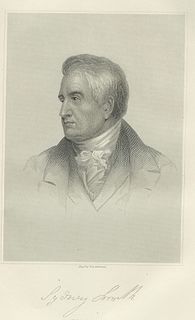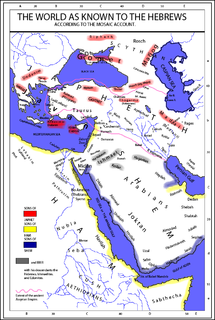A Quote by Flannery O'Connor
Does one's integrity ever lie in what he is not able to do? I think that usually it does, for free will does not mean one will, but many wills conflicting in one man. Freedom cannot be conceived simply. It is a mystery and one which a novel, even a comic novel, can only be asked to deepen.
Related Quotes
The difference does not lie in the things that news does that novels do not do, but in the things that novels do that news cannot do. In other words, this basic technique of news - just one among many - is something a novel can use, but a novel can deploy a multitude of other techniques also. Novels are not bound by the rules of reportage. Far from it. They're predicated on delivering experience.
The main question to a novel is -- did it amuse? were you surprised at dinner coming so soon? did you mistake eleven for ten? were you too late to dress? and did you sit up beyond the usual hour? If a novel produces these effects, it is good; if it does not -- story, language, love, scandal itself cannot save it. It is only meant to please; and it must do that or it does nothing.
Does it follow from: 'turn ye' that therefore you can turn? Does it follow from "'Love the Lord thy God with all thy heart' (Deut 6.5) that therefore you can love with all your heart? What do arguments of this kind prove, but the 'free-will' does not need the grace of God, but can do all things by its own power....But it does not follow from this that man is converted by his own power, nor do the words say so; they simply say: "if thou wilt turn,telling man what he should do. When he knows it, and sees that he cannot do it, he will ask whence he may find ability to do it..." 164
I'm skeptical that the novel will be "reinvented." If you start thinking about a medical textbook or something, then, yes, I think that's ripe for reinvention. You can imagine animations of a beating heart. But I think the novel will thrive in its current form. That doesn't mean that there won't be new narrative inventions as well. But I don't think they'll displace the novel.
If I stand alone, It does not mean, I am any less a Human, If my arms do not hold another, It does not mean, They are incapable of holding, If my tongue is silent, And never speaks the words of Love, It does not mean, That it will be mute, When the time comes, That the words can sincerely be spoken. And just because the World, Has not yet introduced, The one that will share my Life, It certainly does not mean, That I am incapable, Of Loving.






































